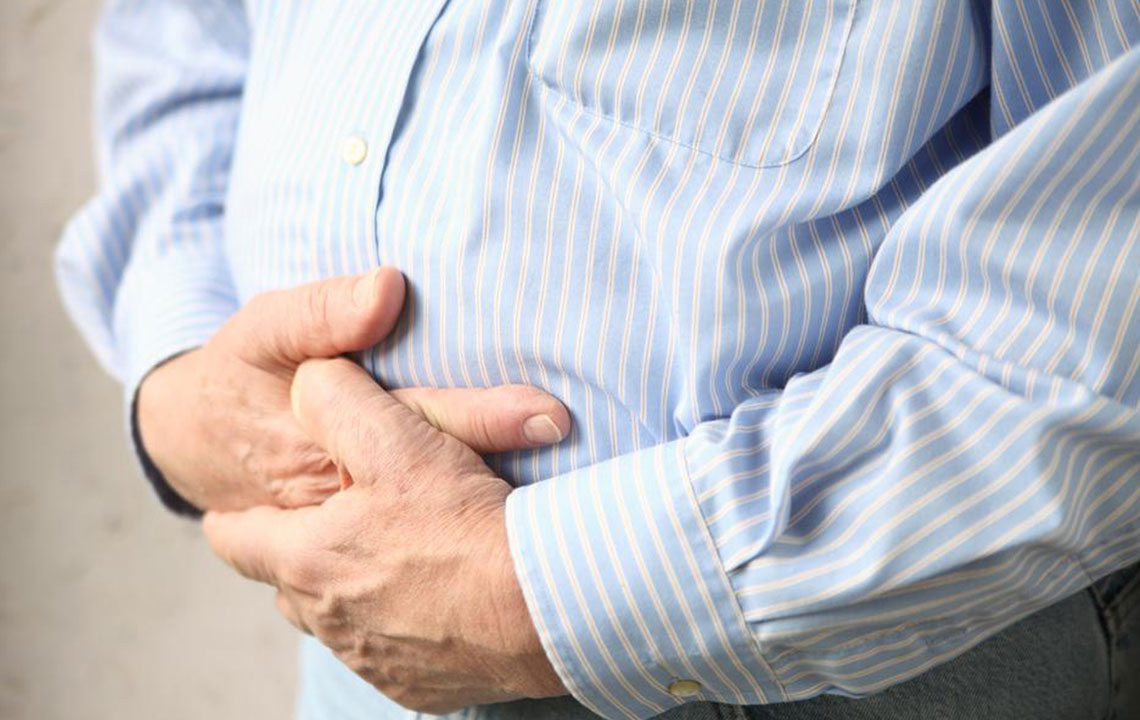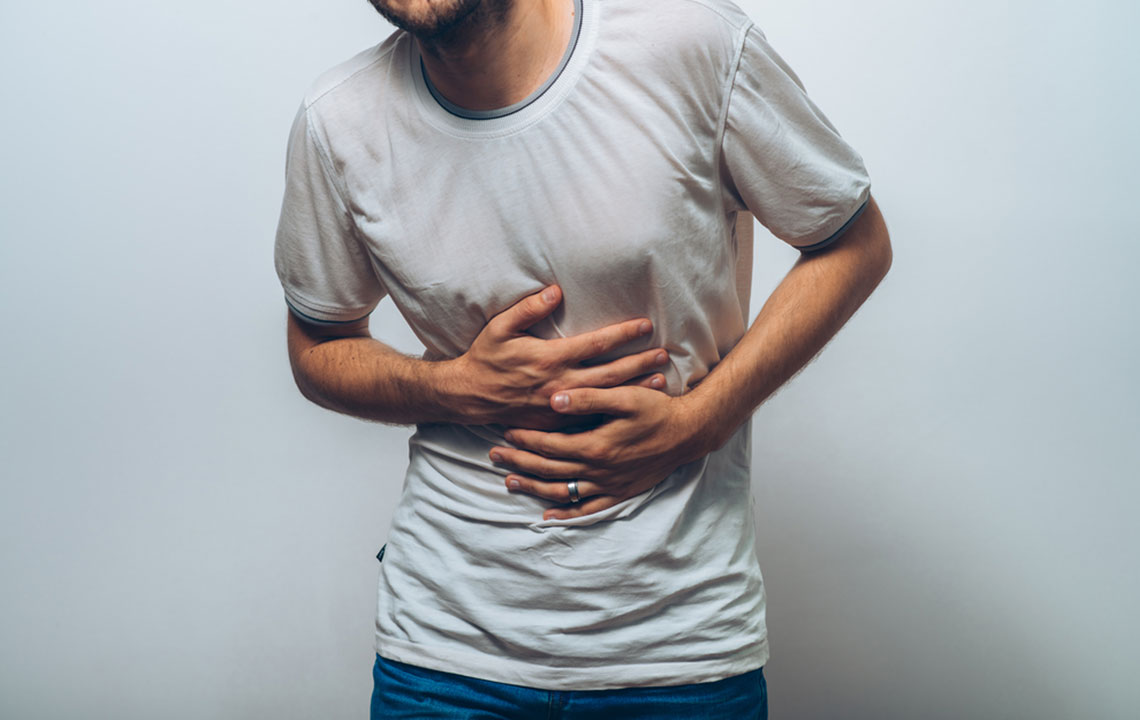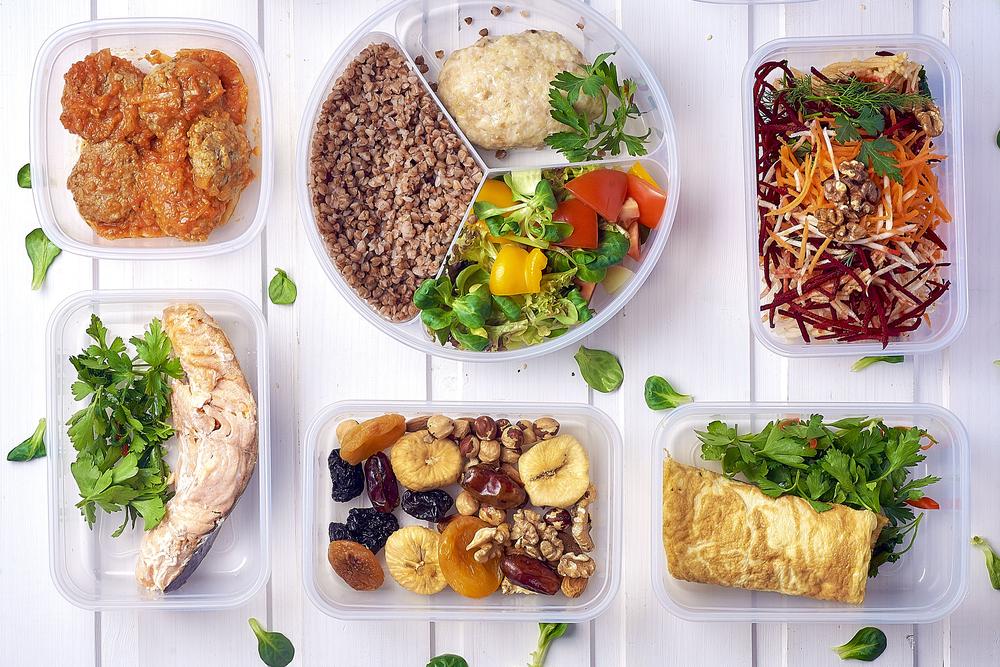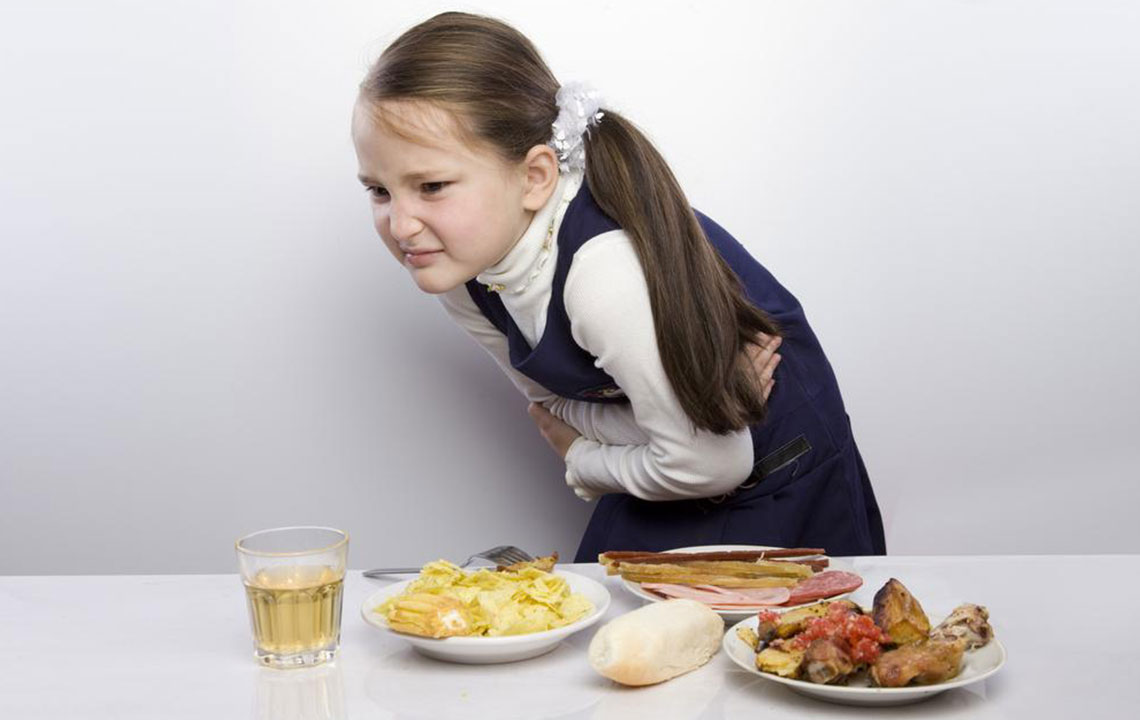Comprehensive Guide to Preventing Diverticulitis: Tips for a Healthy Colon
This comprehensive guide explores effective strategies to prevent diverticulitis through dietary choices and lifestyle adjustments. Emphasizing high-fiber foods, proper hydration, and mindful management during flare-ups, the article helps readers understand how to maintain colon health and reduce risks. Tailored advice and recent research highlight the safety of nuts and seeds, debunking old myths. Long-term habits like consistent fiber intake, exercise, and avoiding harmful substances are key. Whether you're managing symptoms or aiming for prevention, this detailed guide offers essential insights for promoting digestive well-being.

Understanding Diverticulitis and How to Avoid It
As individuals age, the risk of developing diverticulitis increases due to structural changes in the colon. Small pouches known as diverticula can form along the lining of the large intestine, particularly in the sigmoid colon. These pouches are often asymptomatic but can become inflamed or infected, leading to a condition called diverticulitis. This condition is characterized by significant abdominal pain, usually on the lower left side, along with symptoms such as nausea, bloating, fever, constipation, or diarrhea. The severity of symptoms can vary greatly; some individuals may experience mild discomfort, while others face intense pain requiring urgent medical attention.
Medical research indicates that diet plays a crucial role in the development and prevention of diverticulitis. A notable factor is fiber intake—populations with high dietary fiber consumption, such as those in Africa and parts of Asia, tend to have lower incidences of diverticulitis. Conversely, diets low in fiber are associated with increased risk, underscoring the importance of dietary choices in managing and preventing this condition.
Effective Strategies to Reduce the Risk of Diverticulitis
Adopting a high-fiber diet is essential for maintaining healthy bowel movements and preventing the formation of diverticula. Dietary modifications should focus on increasing intake of fiber-rich foods and ensuring proper hydration. Besides dietary changes, lifestyle habits such as regular exercise and avoiding smoking also contribute to better colon health. Here are evidence-based strategies to prevent diverticulitis:
Prioritize high-fiber foods: Incorporate whole grains like oats, brown rice, and whole wheat bread into your daily meals. These foods are rich sources of dietary fiber, aiding in stool bulk and easing passage through the colon.
Include beans and legumes: Kidney beans, black beans, lentils, and chickpeas are packed with fiber and essential nutrients that support digestive health.
Choose fresh fruits without seeds or skins: Apples, pears, and bananas are excellent choices. Be cautious with fruits like strawberries or raspberries if seeds may cause discomfort.
Eat cooked or canned vegetables: Vegetables such as squash, spinach, peas, and potatoes are easier to digest when cooked and provide vital fiber and nutrients.
Consume dairy products: Milk, yogurt, and cheese are good sources of calcium and protein, and generally gentle on the digestive system.
Proper hydration is key when increasing fiber intake. Drinking plenty of water helps fiber do its job effectively, preventing constipation and reducing the pressure within the colon. For some individuals, fiber supplements such as psyllium husk can be beneficial, especially if dietary intake alone is insufficient.
Dietary Management During Diverticulitis Flare-Ups
When experiencing symptoms of diverticulitis, dietary management becomes critical. During acute episodes, doctors often recommend a liquid diet comprising water, clear broths, gelatin, and diluted fruit juices to rest the bowel. As symptoms improve, patients are advised to gradually introduce low-fiber foods, such as well-cooked eggs, lean poultry, dairy, and refined grains, before resuming high-fiber foods. This stepwise approach helps reduce inflammation and allows the colon to recover without exacerbating symptoms.
It's important to monitor symptoms closely and adhere strictly to medical advice. Typically, symptom relief occurs within 2 to 3 days of appropriate dietary modifications combined with antibiotic therapy. However, persistent or worsening symptoms—especially if accompanied by high fever, severe pain, or rectal bleeding—require urgent medical attention to prevent complications such as abscesses or bowel perforation.
The Role of Nuts and Seeds in a Diverticulitis-friendly Diet
Historically, nuts, seeds, and popcorn were thought to increase the risk of diverticulitis by blocking diverticula. However, recent research clarifies that nuts and seeds are safe and potentially beneficial, as they are abundant sources of fiber and healthy fats. Including them in a balanced diet may actually help prevent recurrence by promoting overall digestive health.
Long-term Dietary and Lifestyle Considerations
Maintaining a fiber-rich diet over the long term is vital for reducing the likelihood of future diverticulitis episodes. Individuals should aim to consume the recommended daily fiber intake—about 25 grams for women under 50, 21 grams for women over 50, 38 grams for men under 50, and 30 grams for men over 50. Consistency in dietary habits, along with adequate hydration, regular physical activity, and avoiding smoking and excessive alcohol consumption, significantly enhances colon health.
While high-fiber diets are generally safe for most people, those with existing gastrointestinal conditions or specific health concerns should consult a healthcare professional before making significant dietary changes. Successful management of diverticulitis involves a comprehensive approach that combines diet, lifestyle modifications, and medical oversight.
In conclusion, understanding the importance of fiber and adopting a balanced lifestyle can dramatically reduce the risk of developing diverticulitis. Being aware of dietary choices, recognizing early symptoms, and seeking timely medical care are essential steps toward maintaining a healthy digestive system and preventing serious complications.





